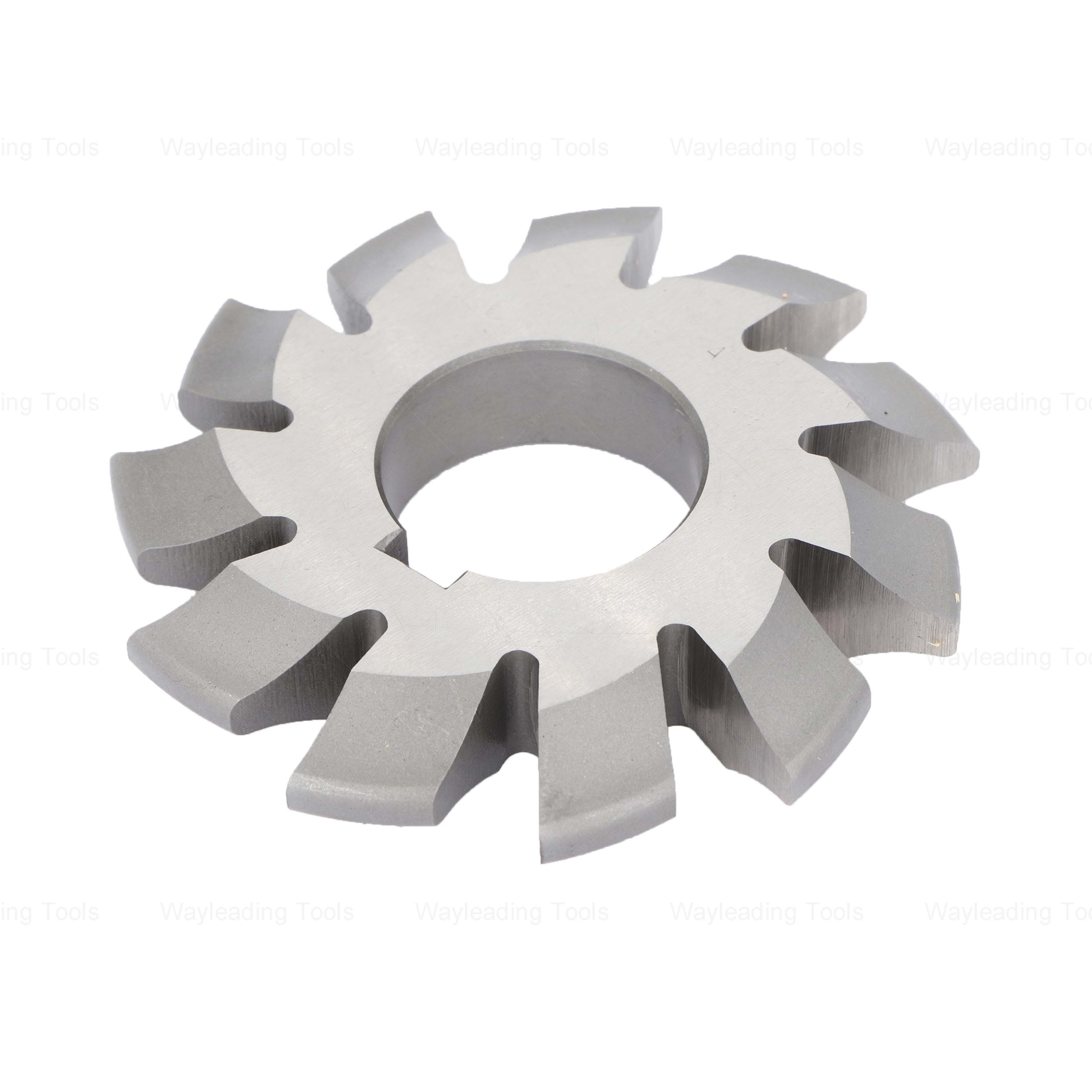plug gauge Factory
Looking for a reliable plug gauge factory? This guide covers everything you need to know about plug gauges, from understanding their types and applications to choosing the right manufacturer for your precision measurement needs. We delve into the crucial aspects of material selection, manufacturing processes, and quality control, providing insights to help you make informed decisions.
Understanding Plug Gauges
Plug gauges, also known as pin gauges or GO/NO-GO gauges, are precision measuring instruments used to check the internal dimensions of holes and bores. They are essential tools in manufacturing, quality control, and inspection processes to ensure that parts meet specified tolerances. The basic principle is simple: one end of the gauge (the GO end) should pass through the hole if the dimension is within tolerance, while the other end (the NO-GO end) should not. This provides a quick and reliable indication of whether the part is acceptable.
Types of Plug Gauges
There are several types of plug gauges, each designed for specific applications:
- Cylindrical Plug Gauges: These are the most common type, used for checking the diameter of cylindrical holes.
- Taper Plug Gauges: Used to measure the taper of conical holes.
- Thread Plug Gauges: Designed to inspect the internal threads of holes.
- Spline Plug Gauges: Used for checking the dimensions of internal splines.
- GO/NO-GO Plug Gauges: As mentioned earlier, these have two ends, one that should pass through the hole (GO) and one that should not (NO-GO).
Choosing the Right Plug Gauge Factory
Selecting the right plug gauge factory is crucial for ensuring the accuracy and reliability of your measurements. Consider the following factors when making your decision:
Manufacturing Capabilities and Expertise
A reputable plug gauge factory should have advanced manufacturing capabilities, including CNC machining, grinding, and lapping. They should also have a team of experienced engineers and technicians who understand the intricacies of precision measurement.
Wayleading Tools boasts years of experience in the industry, with a commitment to excellence that extends to every aspect of our manufacturing process.
Material Selection
The material used to make plug gauges significantly affects their durability and accuracy. Common materials include:
- Tool Steel: Offers good wear resistance and is suitable for general-purpose applications.
- High-Speed Steel (HSS): Provides superior hardness and wear resistance, making it ideal for high-volume production.
- Carbide: Offers exceptional hardness and wear resistance, suitable for abrasive materials and demanding applications.
- Chrome Plated Steel: Enhanced wear resistance.
The choice of material depends on the specific application and the required level of accuracy and durability. A good plug gauge factory will be able to advise you on the best material for your needs.
Quality Control and Certification
Rigorous quality control is essential to ensure the accuracy and reliability of plug gauges. The plug gauge factory should have a comprehensive quality management system in place, including:
- Incoming Material Inspection: Verifying that the raw materials meet specified requirements.
- In-Process Inspection: Checking the dimensions and surface finish of the gauges at various stages of manufacturing.
- Final Inspection: Ensuring that the finished gauges meet all applicable standards and specifications.
Look for factories that are certified to ISO 9001 or other relevant quality standards. Calibration certificates are also crucial, demonstrating that the gauges have been calibrated against traceable standards.
Customization and Special Gauges
Sometimes, standard plug gauges are not suitable for specific applications. In such cases, you may need to order custom-made gauges. A good plug gauge factory should be able to design and manufacture custom gauges to meet your exact requirements.Wayleading Tools offers customizable plug gauges to meet your exacting specifications.
Cost and Lead Time
While quality should be your top priority, cost and lead time are also important factors to consider. Get quotes from several plug gauge factories and compare their prices and delivery times. Be sure to factor in the cost of shipping and any applicable taxes or duties.
Applications of Plug Gauges
Plug gauges are used in a wide range of industries, including:
- Automotive: Checking the dimensions of engine components, transmissions, and other parts.
- Aerospace: Ensuring the accuracy of critical aircraft components.
- Medical Devices: Inspecting the dimensions of medical implants and instruments.
- Electronics: Measuring the dimensions of circuit boards and electronic components.
- Manufacturing: Verifying the dimensions of machined parts, castings, and forgings.
Maintaining and Calibrating Plug Gauges
To ensure the accuracy and longevity of your plug gauges, it is important to maintain and calibrate them regularly. Follow these guidelines:
- Clean the gauges after each use: Use a clean, lint-free cloth to remove any dirt or debris.
- Store the gauges in a protective case: This will prevent them from being damaged or scratched.
- Calibrate the gauges regularly: The frequency of calibration will depend on the usage and the required level of accuracy. Refer to the manufacturer's recommendations for calibration intervals.
Example: Using a GO/NO-GO Plug Gauge
Let's say you are inspecting a hole with a specified diameter of 10mm ± 0.02mm. The GO end of the plug gauge should be 9.98mm, and the NO-GO end should be 10.02mm.
- Attempt to insert the GO end of the plug gauge into the hole. If it passes through, the hole is at least 9.98mm in diameter.
- Attempt to insert the NO-GO end of the plug gauge into the hole. If it does not pass through, the hole is no more than 10.02mm in diameter.
- If the GO end passes through and the NO-GO end does not, the hole is within the specified tolerance.
Conclusion
Choosing the right plug gauge factory and understanding the proper use and maintenance of plug gauges are essential for ensuring the accuracy and reliability of your measurements. By following the guidelines outlined in this guide, you can make informed decisions and select the best gauges for your specific needs.
Wayleading Tools is committed to providing high-quality plug gauges and exceptional customer service. Visit www.wayleading.com to learn more about our products and services.
Related products
Related products
Best selling products
Best selling products-
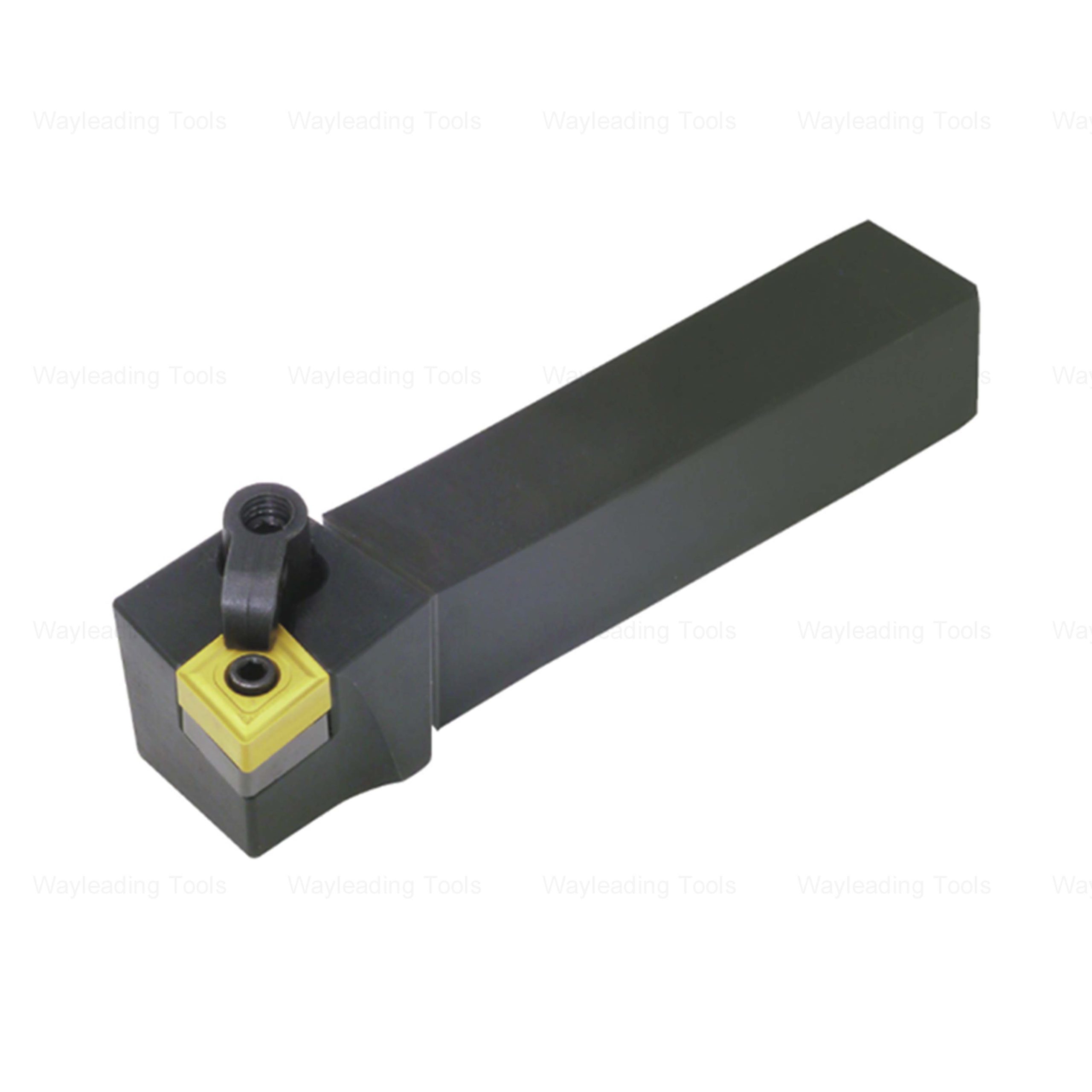 MCLN Indexable Turning Tool Holder
MCLN Indexable Turning Tool Holder -
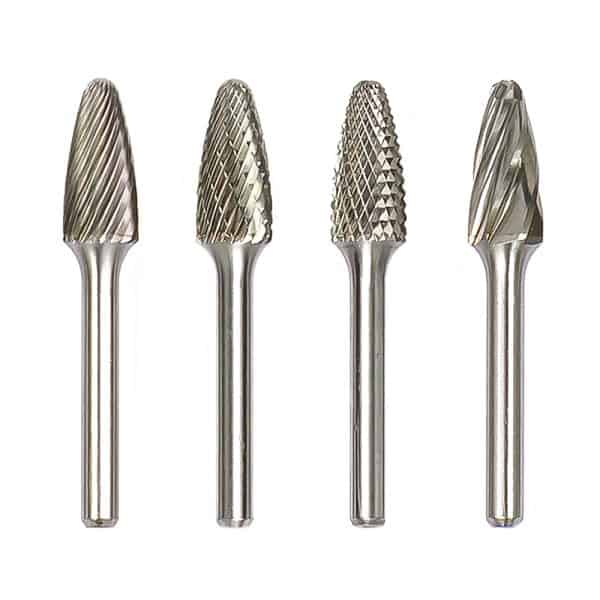 Type F Ball Nose Tree Tungsten Carbide Rotary Burr
Type F Ball Nose Tree Tungsten Carbide Rotary Burr -
 HSS Involute Spline Cutter With PA30
HSS Involute Spline Cutter With PA30 -
 Precision 10pcs & 12pcs Angle Blocks Set With High Quality Type
Precision 10pcs & 12pcs Angle Blocks Set With High Quality Type -
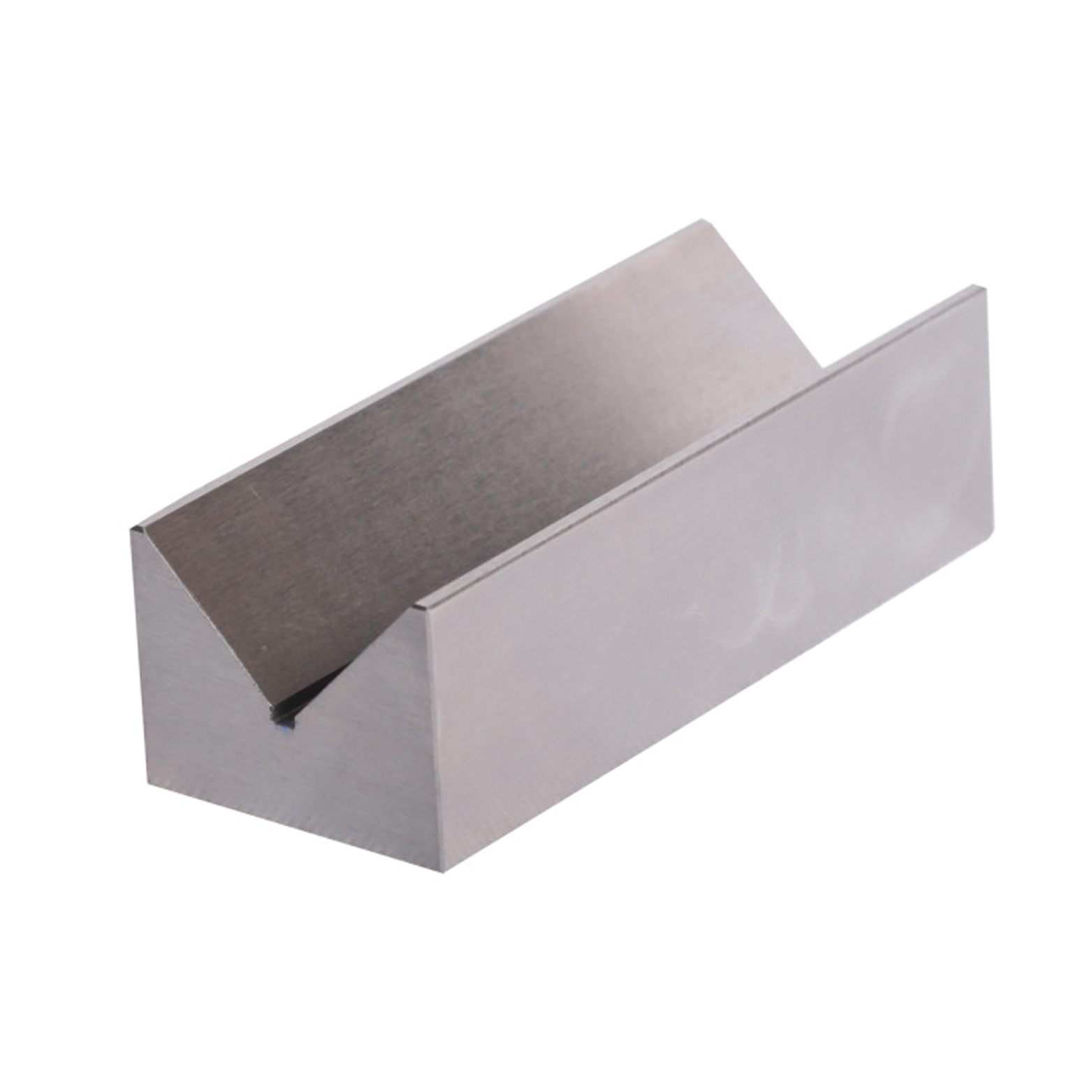 Precision V Block Set With Industrial Type
Precision V Block Set With Industrial Type -
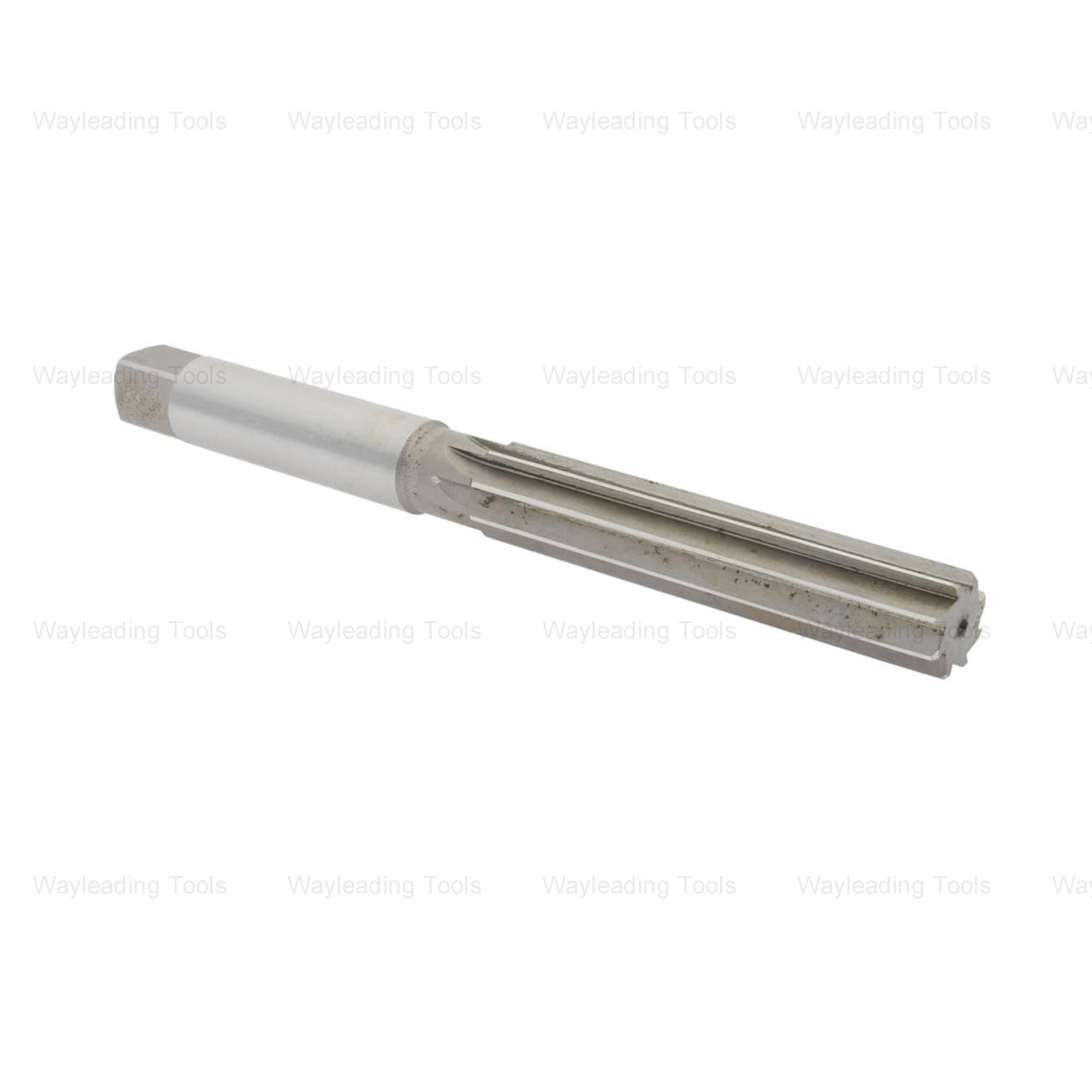 HSS Hand Reamers – Metric & Inch Sizes, Straight or Spiral Flutes
HSS Hand Reamers – Metric & Inch Sizes, Straight or Spiral Flutes -
 Precision Monoblock Fine-Adjustment Vernier Caliper Of Metric & Imperial For Industrial
Precision Monoblock Fine-Adjustment Vernier Caliper Of Metric & Imperial For Industrial -
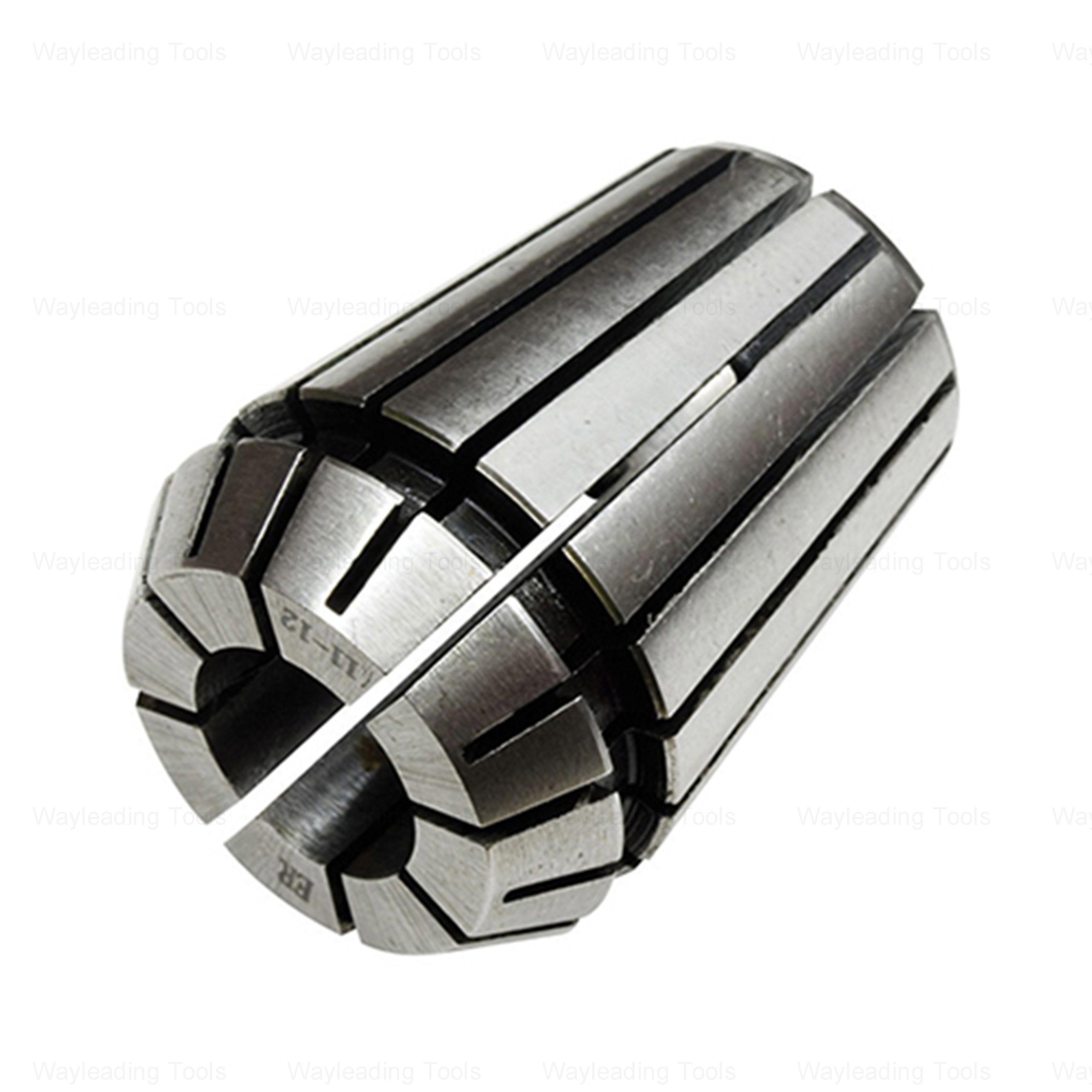 Metric ER Collets – High Precision, for Milling Applications
Metric ER Collets – High Precision, for Milling Applications -
 5C Round Collet With Inch and Metric Size
5C Round Collet With Inch and Metric Size -
 Precision Monoblock Vernier Caliper With Nib Style Jaws Of Metric & Imperial For Industrial
Precision Monoblock Vernier Caliper With Nib Style Jaws Of Metric & Imperial For Industrial -
 HSS Metric Plain Metal Slitting Saws For Industrial
HSS Metric Plain Metal Slitting Saws For Industrial -
 Precision Expanding Mandrel From 9/16″ to 3-3/4″
Precision Expanding Mandrel From 9/16″ to 3-3/4″







